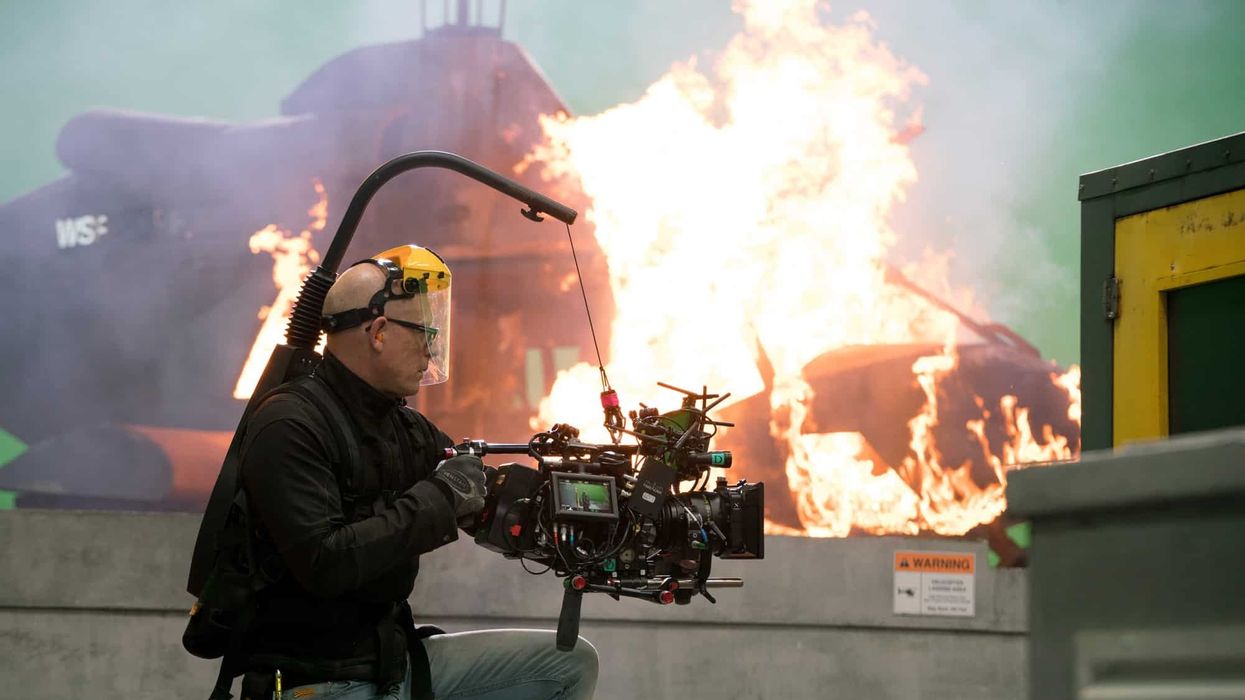Production Permits Have Declined 69.5% In LA Due to the Strike
The purpose of a strike is disruption, and the writers' strike is achieving that.

In and around Los Angeles, if you pass a studio lot or a shoot, you'll see writers with picket signs out front. From 5 a.m. until 5 p.m., and sometimes later depending on the production, the writers are marching for fair pay.
They're doing this because the teamsters who deliver film and TV equipment have agreed not to cross the picket lines, and to be visible to the people coming and going.
What the writers are doing is working.
FilmLA, which handles permits in and around Los Angeles says that there has been a 69.5% decline in on-location permits last week.
That means people just are not shooting anymore. It's not worth it to spend millions and then lose thousands, as equipment to make projects will not cross the picket lines.
The main way studios battle a strike is to shoot the scripts they have left to keep content coming so that the masses have no idea what they're missing. This would put pressure on the writers to settle. But by shutting down the pipeline of the studios to make this stuff, the writers can speed up the process by which the studios run out of things to shoot and start feeling the heat of not having new scripts to use to make money.
The last strike was in 2007/08 and The Milken Institute estimated that it cost the California economy $2.1 billion.
This is stacking up to be worse.
Source: Variety











